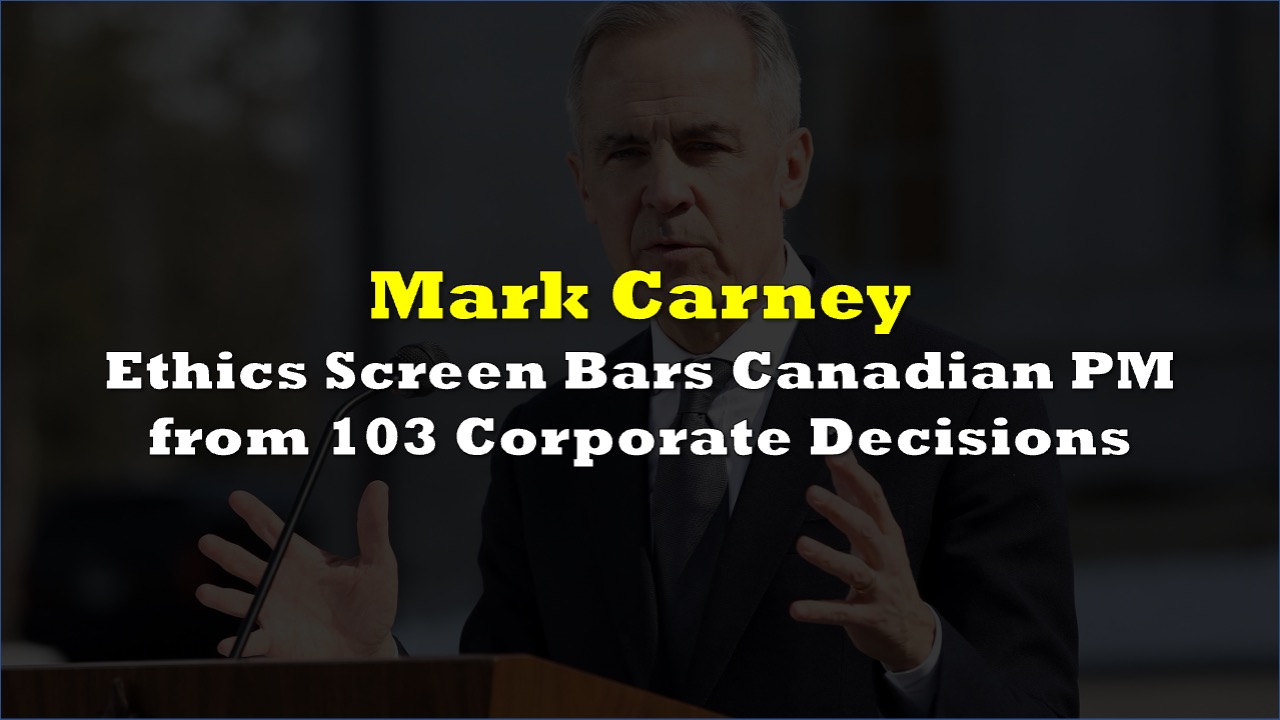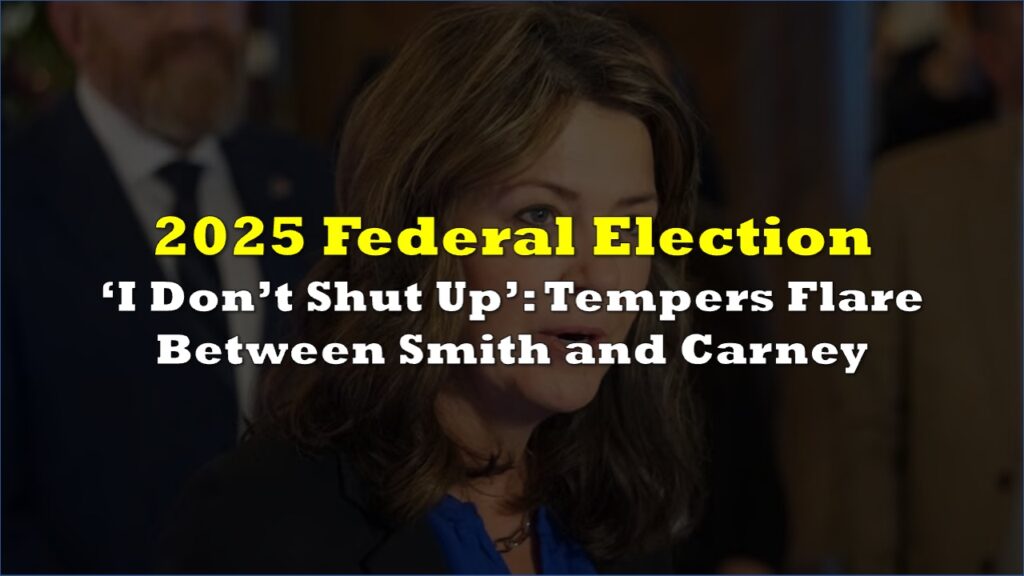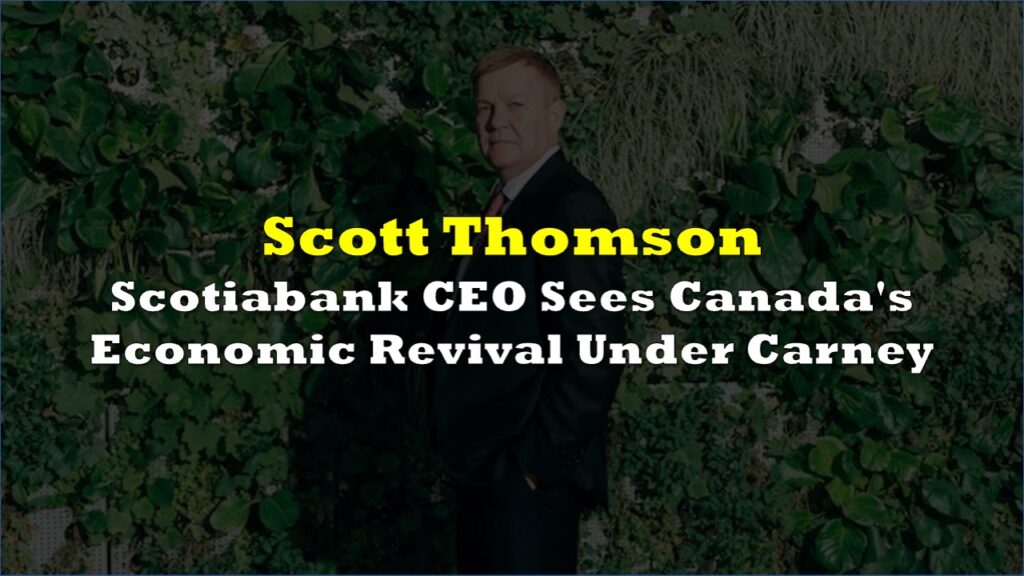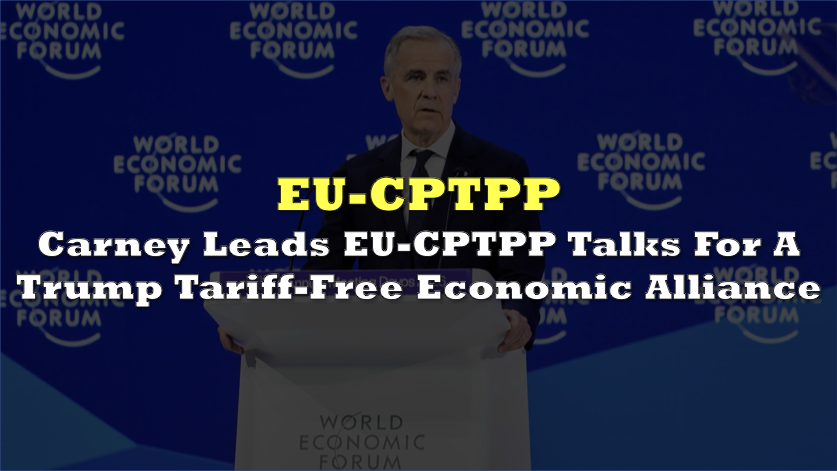Prime Minister Mark Carney must recuse himself from government decisions involving more than 100 corporate entities under an ethics screening arrangement disclosed Friday by Canada’s ethics commissioner, representing what experts describe as the most comprehensive conflict-of-interest framework ever implemented for a Canadian prime minister.
The ethics screen covers 103 entities and prevents Carney from participating in “any official matters or decision-making processes” involving Brookfield Asset Management, Stripe Inc., and dozens of related companies. Carney placed his financial assets into a blind trust after becoming prime minister in March, meaning he no longer controls these investments.
Before entering politics, Carney served as board chair for Brookfield Asset Management, a US$1-trillion asset manager whose investments span numerous sectors, and held director positions at payment processor Stripe Inc. and investment firm PIMCO. He also continues to own stock options and deferred share units in Brookfield worth millions of dollars at current share prices.
“That’s the largest scope I’ve ever heard of,” commented Ian Stedman, a government ethics specialist who previously worked for Ontario’s Integrity Commissioner. Stedman, now an associate professor at York University, noted the unprecedented challenge of administering such an extensive screen for Canada’s highest-ranking official.
The screening process will be administered by Carney’s chief of staff Marc-André Blanchard and Privy Council Clerk Michael Sabia. When matters involving screened companies arise, Carney must remove himself from discussions and make public declaration of his recusal.
The disclosed holdings include hundreds of individual stocks held through an investment account, featuring major technology and financial companies such as Amazon, Microsoft, and Walmart. The investment account notably excludes many large Canadian companies, particularly those in highly regulated industries.
So Marc Carney benefits from strong anti-Canadian tariffs. Who would have guessed! 😂😂😂 https://t.co/NavBgRwQiK
— Jody Dahrouge (@JodyDahrouge) July 13, 2025
Critics have pointed to Carney’s investment concentration in US companies as problematic, but this allocation may reduce direct conflicts of interest. As prime minister, Carney wields direct regulatory authority over Canadian banks, telecommunications firms, and energy companies, making investments in those sectors more ethically problematic than foreign holdings affected only by trade policy.
The ethics filing was released July 11, 2025, meeting the legal deadline requiring disclosure within 120 days of Carney becoming prime minister.
Information for this story was found via the sources and companies mentioned. The author has no securities or affiliations related to the organizations discussed. Not a recommendation to buy or sell. Always do additional research and consult a professional before purchasing a security. The author holds no licenses.









